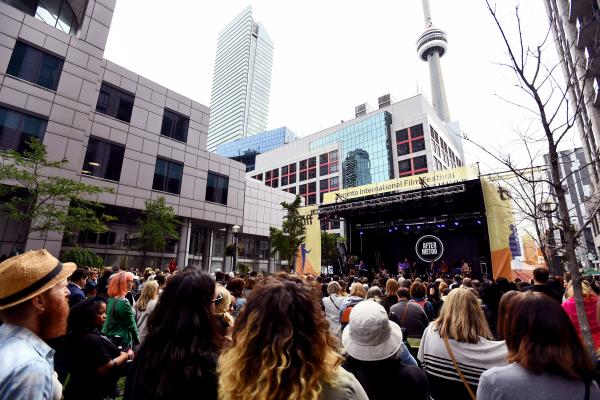Sep 10, 2018
In that vein, the festival has made public strides to provide a platform for the issues faced by women in film, and to work toward promoting change. Thirty four percent of the films at this year’s festival come from female directors. As an organization, TIFF has made a five-year commitment to increasing opportunities for women in film by creating mentorships, skills development opportunities, and education initiatives. They’ve even expanded that commitment to women working in the media, with a push to invite female critics and reporters — as well as people of color — to cover the festival
Read the Full Article

Already a subscriber? Login
